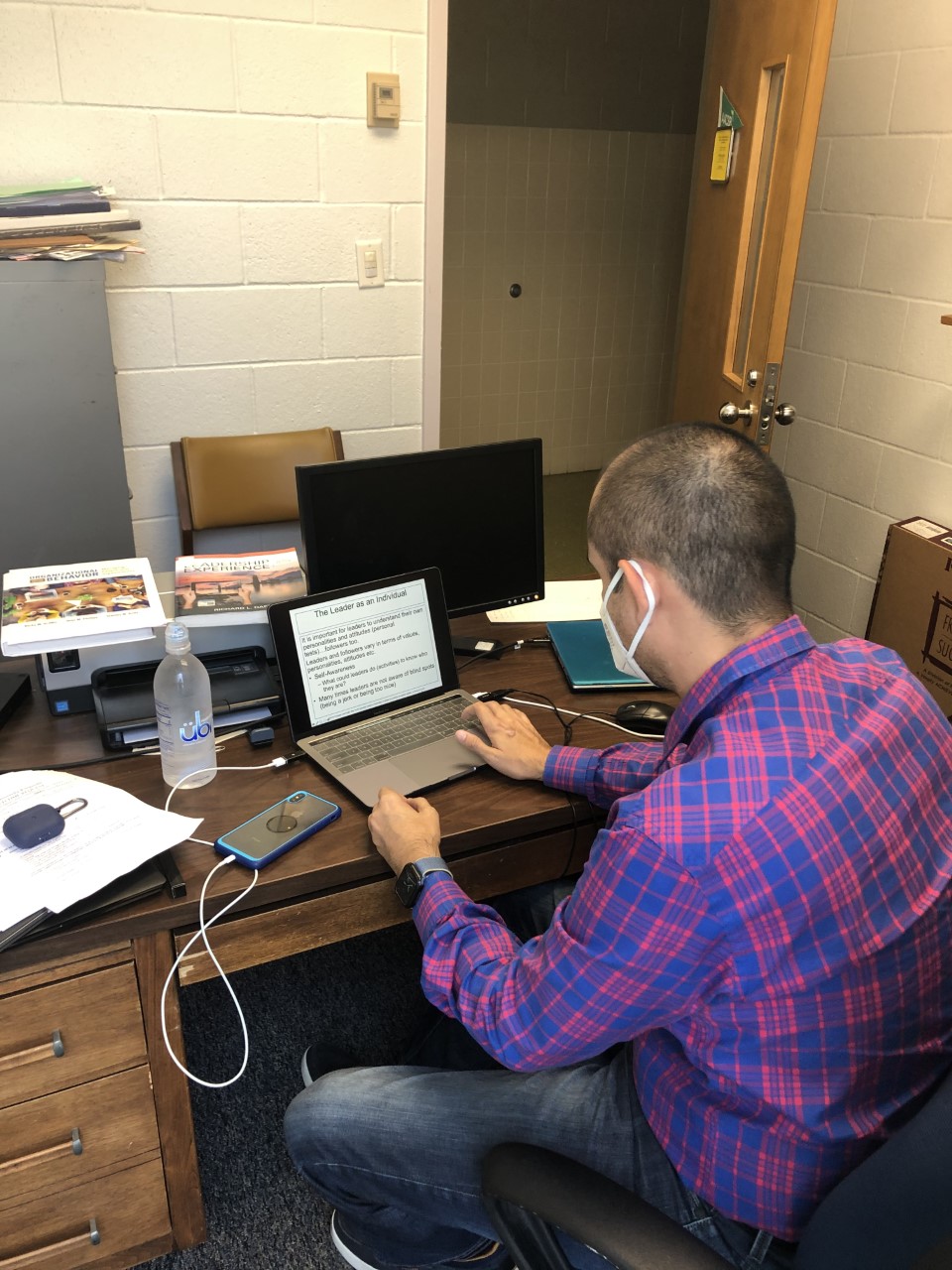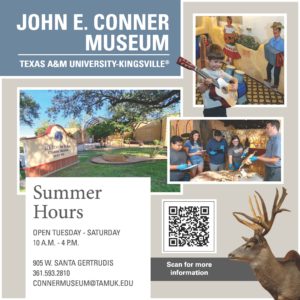Teachers and students at Texas A&M University – Kingsville are struggling with ways to effectively learn and relate in the time of coronavirus.
Professors who are used to frequent in-class interaction with their students now find themselves with no choice but to adapt.
“I tend to favor the Socratic method of teaching, where I foster debate and discussion among my students,” Dr. Pamela Wright, who teaches in the Department of Language and Literature, said. Coronavirus necessitated a different approach. “I have been having to rely more on lecturing in the videos I post.”
Dr. Marsha Sowell, a professor in the Department of Teacher and Bilingual Education, also changed her lessons to remove more interactive elements.
“The biggest change I have made… is to take out several of our hands-on, group activities. Although technology allows for some of this to happen, teaching strategies that require students to move around simply cannot be recreated with authenticity…. The strategy really loses a lot of its purpose,” Sowell said.
Daycie Ruiz, a graduate student majoring in English, said that while it can be nice to have a more flexible schedule “not having a fixed schedule can affect my attendance and energy level.” Students across campus also lose out on opportunities “to learn from each other and have valuable discussions.”
English/Communications major Amber Badger is also missing face-to-face class time.
“Teachers can’t put a face to us anymore if everything’s online,” Badger said.
While student-teacher relationships have undeniably encountered a shift, both sides are learning to adjust.
“More students are coming to virtual office hours or emailing questions back and forth,” Sowell said. “I’m learning individual student’s learning needs and preferences more than I get in a face-to-face classroom.”
The drawbacks of education in the coronavirus era are evident. However, students like Ruiz are fighting to stay positive.

